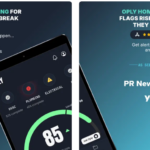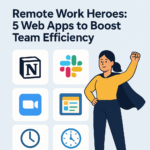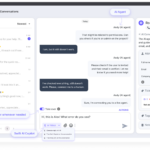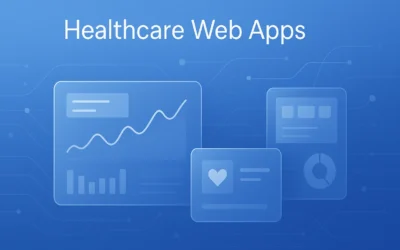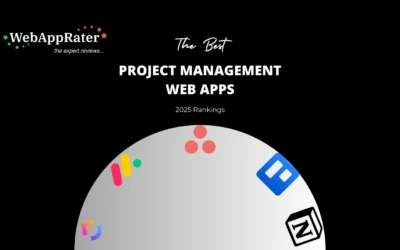Do you want your website to load faster?
Slow-loading pages frustrate and often confuse your visitors. A slow website means lost sales and wasted time, which only frustrates and confuses your team instead. So, it’s important to get your site up to speed as quickly as possible.
However, various elements may cause a website to run more slowly than its creators anticipated. These include legacy code and large files. Luckily, some simple solutions can help you speed up a slow website with ease.
Let’s take a look!
Identify Common Website Load Time Issues
Identifying common website load time issues is the first step to speeding up a slow site the easy way. Identify the largest files being served from the website. These could be images, large data sets, or videos.
Consider the user’s connection speed. If the content is too large for the connection, it will take longer for the website to load.
Employ Effective Caching Strategies
Caching is the process of storing website content in the browser cache of the visitor’s computer so that the content can be accessed quickly.
By enabling caching, you can reduce the amount of server load when a page is loaded and reduce the amount of time it takes for a page to load.
Leverage browser caching is also an effective method of caching. It allows you to set the timeframe for specified cache content such as images, etc. The more often content is used, the more effective the caching strategy.
Utilize Content Delivery Networks
Utilizing content delivery networks (CDN) is one of the simplest and most effective ways to speed up a slow site. With a CDN, a website’s static content, such as images, videos, etc., is stored in multiple locations across the world rather than on a single server.
This not only reduces the time it takes for a user’s browser to download content from the website but also reduces the bandwidth that the hosting server needs to handle.
Compress Files to Improve Website Performance
Some larger files can be too large for web browsers or take up more space than necessary, resulting in web pages feeling sluggish. By compressing file sizes with tools such as Gzip, Brotli, or Zopfli, you can help web browsers easily render them and decrease the load time of every webpage.
This should make the website seem much faster and more user-friendly. Compressing files can be done with various online compressing tools or with configure options with web applications.
Make sure to pay close attention to the results because some tools may not decrease page loading times when dealing with very small files. Get web design services here and take advantage of these compression tools and make sure that all pages feel fast and responsive for visitors.
Don’t Let Your Slow Website Harm Your Rankings
In conclusion, there are many quick and easy ways to speed up a slow website. From using caching plugins to removing unneeded plugins and content to switching to a faster hosting provider to optimizing images and reducing redirects, you can easily increase website speed.
So what are you waiting for? Get started now and boost your website’s speed today!
For more informative articles on website optimization and more, check out the rest of our blog!
















